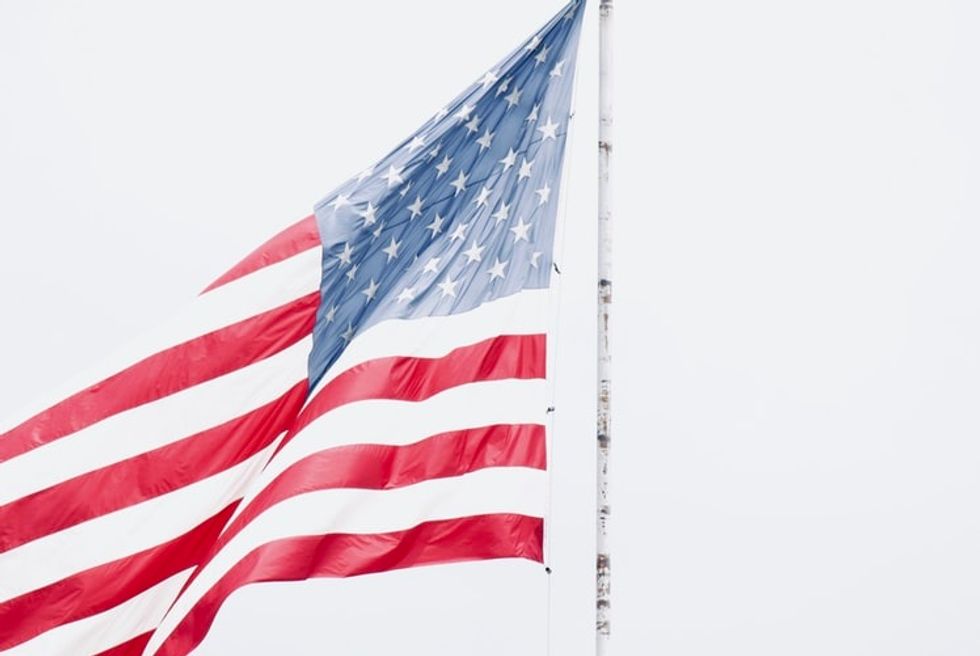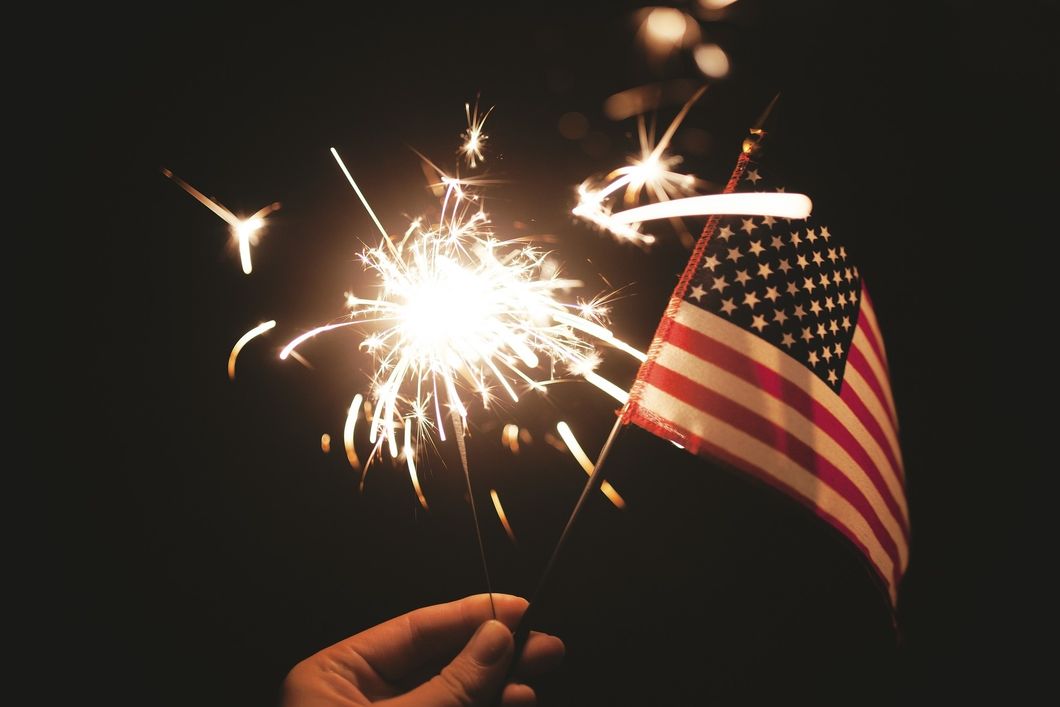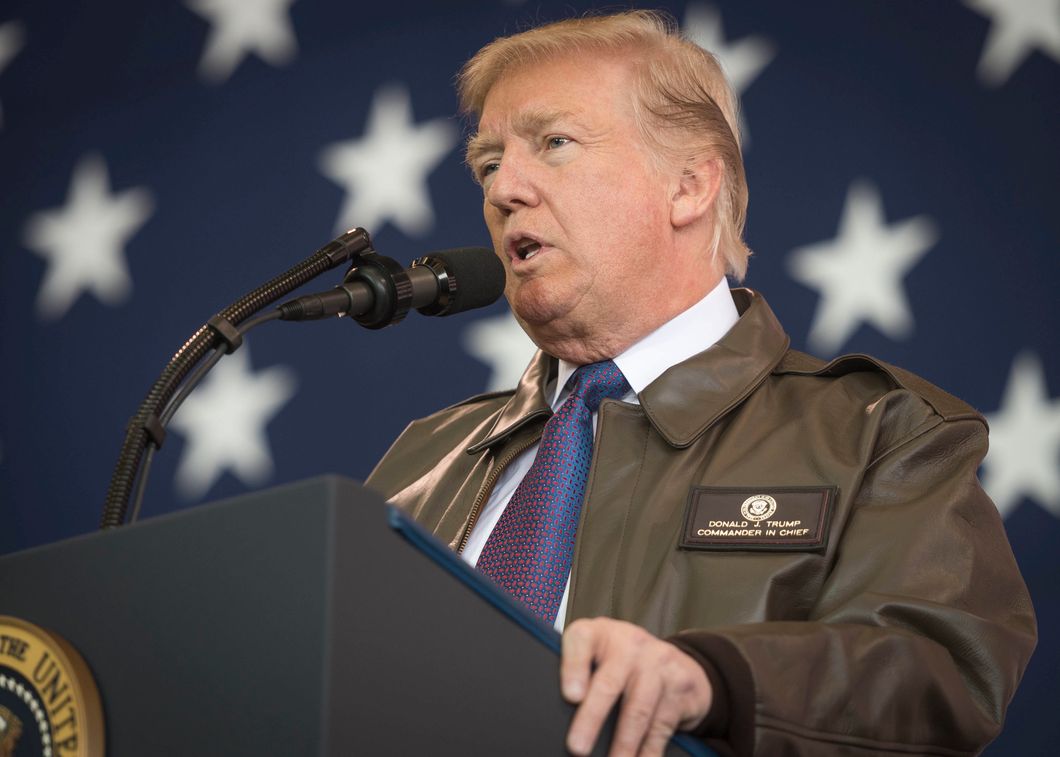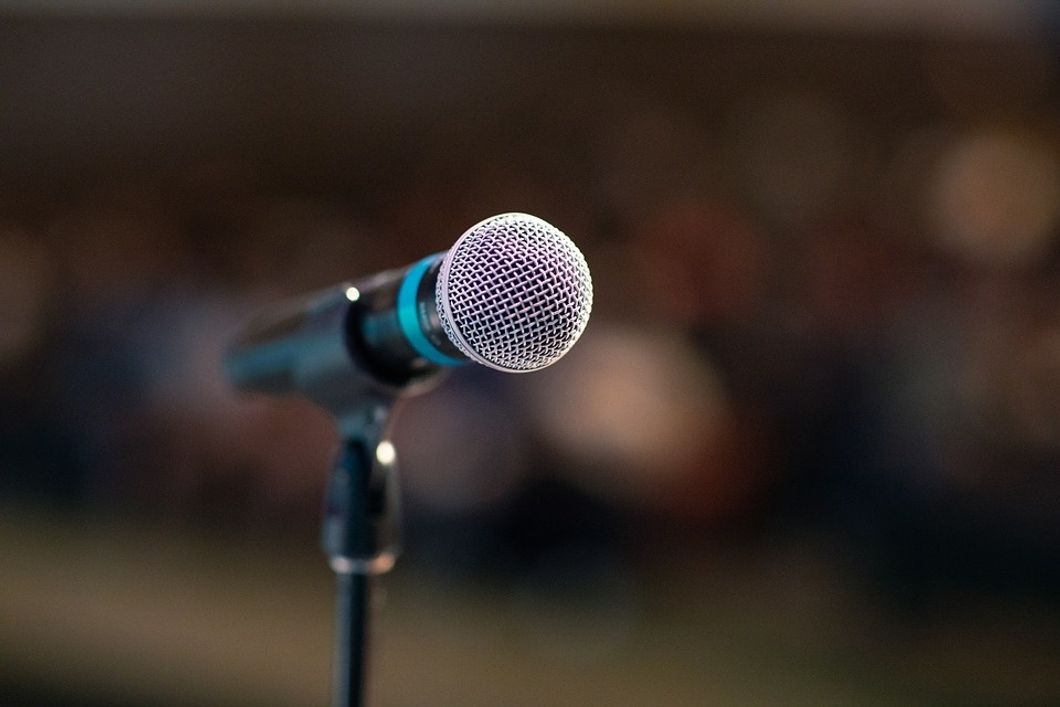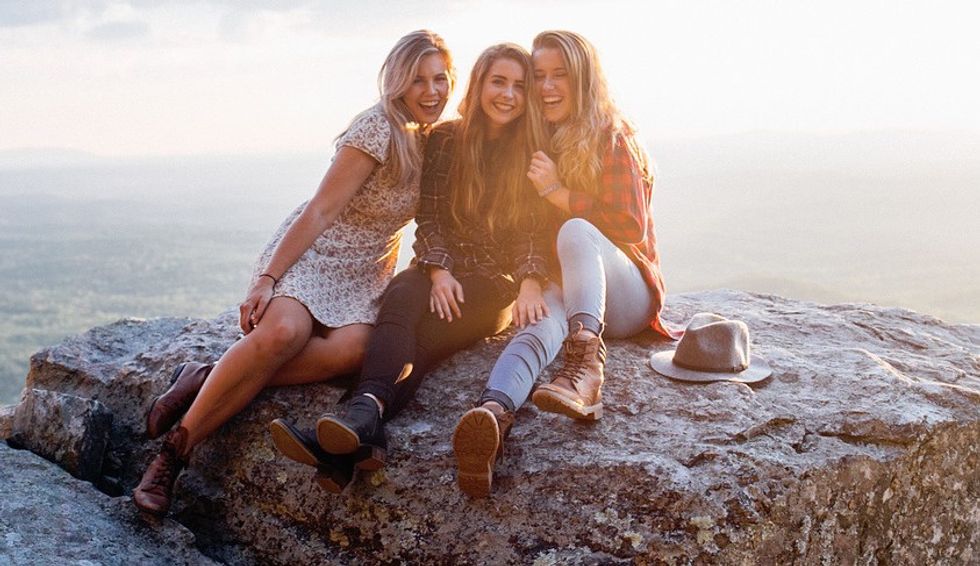10 Revolutionary Women To Remember This Fourth Of July
The patriots of the American Revolution aren't the only ones who gave us the rights to life, liberty, and the pursuit of happiness.
Independence Day is almost upon us, which means that for most Americans, it'll be time to bust out the lawn chairs and grills, gather around family and friends, and praise our history through patriotic garb and grand fireworks displays. It's the one day of the year where everyone forgets their political biases or historic inaccuracies, at least for a while, to look back on the hazy, illustrious history of the United States.
But, while we celebrate what people like George Washington, Thomas Jefferson, and Patrick Henry did for this country, they are not the only ones who embodied the very virtues that our nation loves to advocate for. This Fourth of July, here are ten American women who history tends to forget, despite the groundbreaking things they did for their country.
1. Margaret Brent (1600-1699)
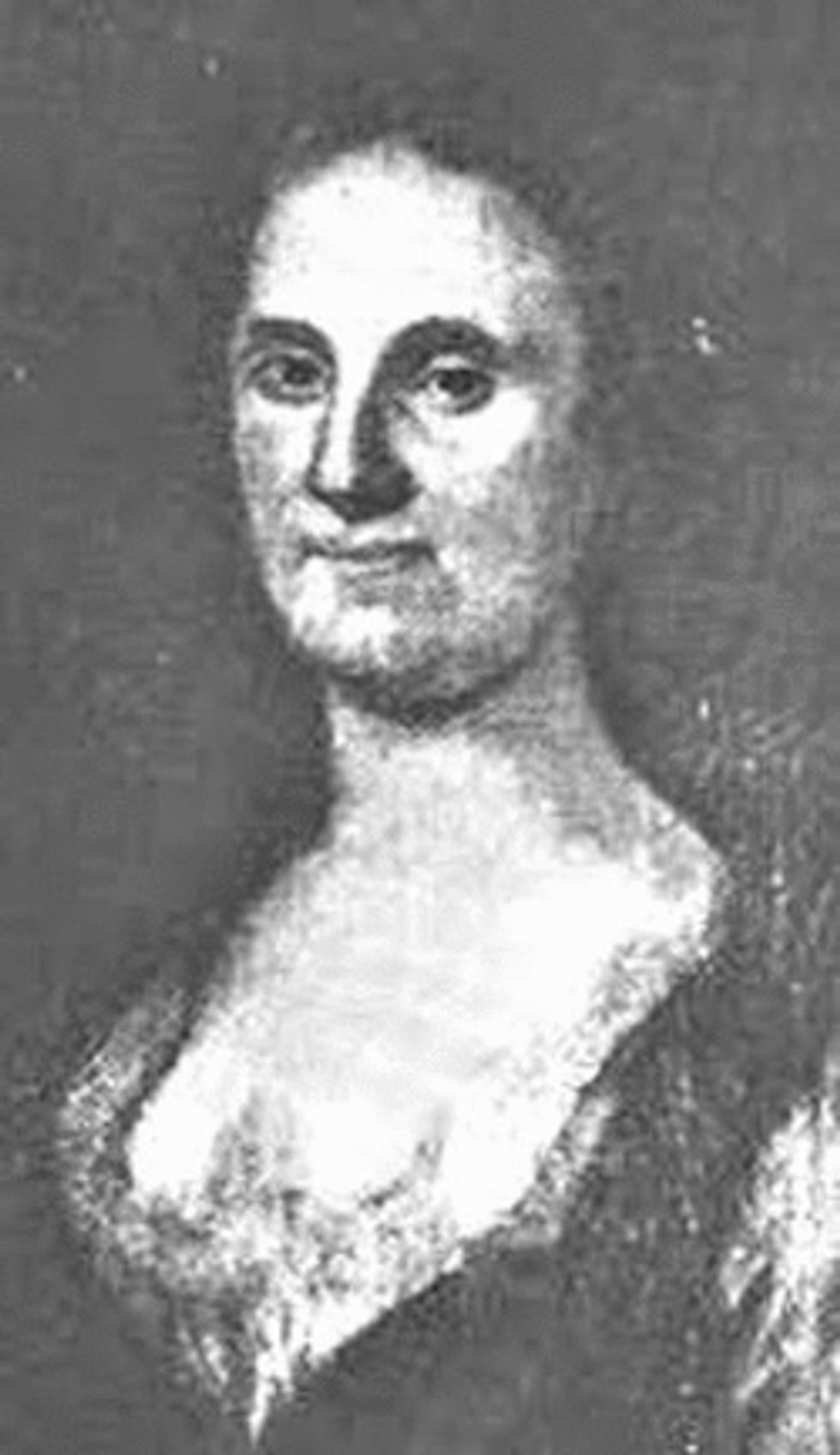
Beginning our survey of influential Americans in history is Margaret Brent, the first woman to go to court to possess land of her own. Brent, an early American feminist, pursued the rights granted to her by her colony, and through her determination, ensured its survival. She is hailed as a human rights activist, doing all she could to ensure women's sovereignty over their land.
2. Phyllis Wheatley (1753-1784)
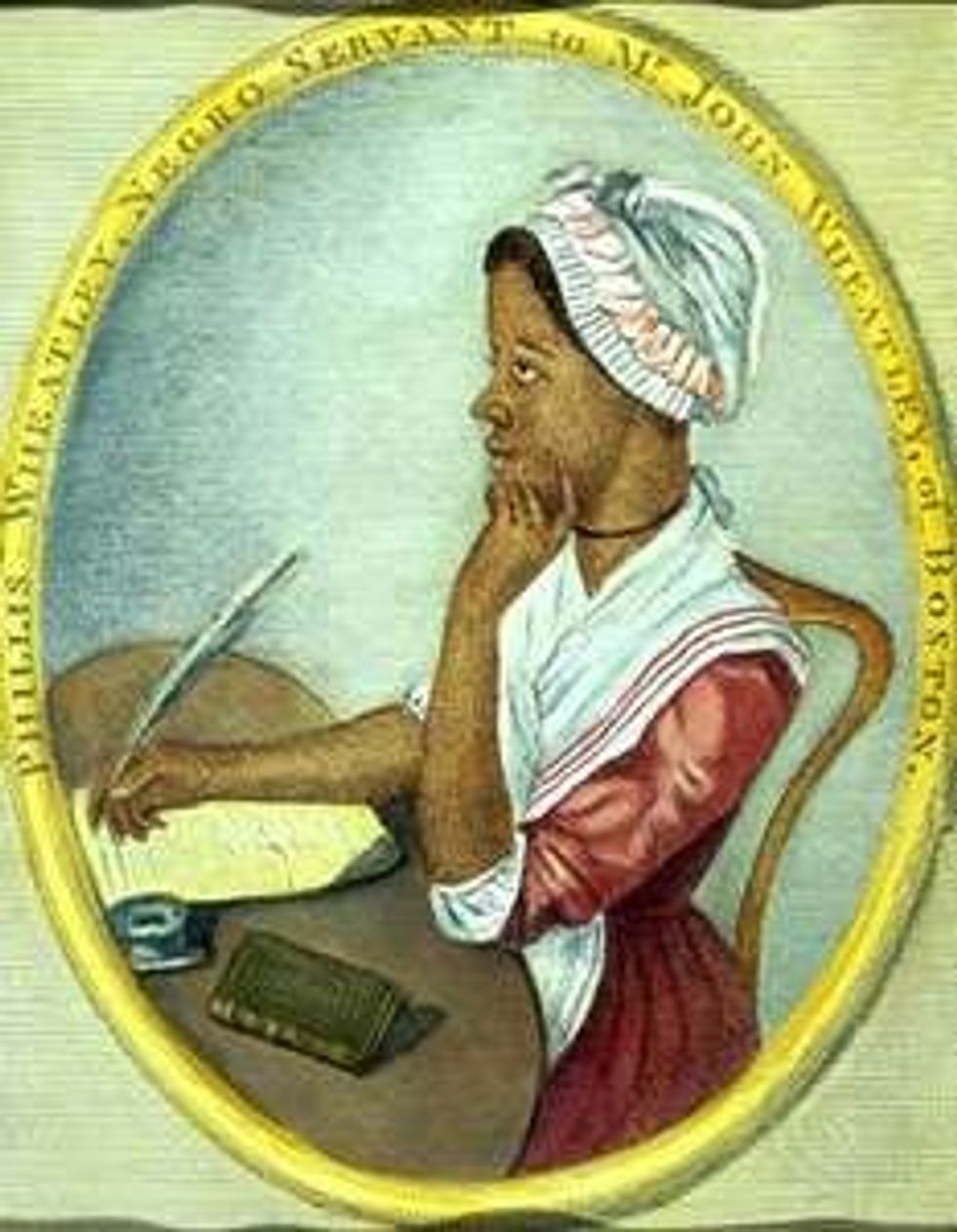
Phyllis Wheatley's work often appears in surveys of both British and American literature, and for good reason: she is hailed as the first significant black poet in the United States. Her work, contemporaneous with the onset of the American Revolution, exemplified her intellect and talent. By means of poetry, Wheatley defied the expectations forced on her as a former slave at a time when civil rights was far from the minds of the nation's leaders.
3. Sacajawea (1787-1812)
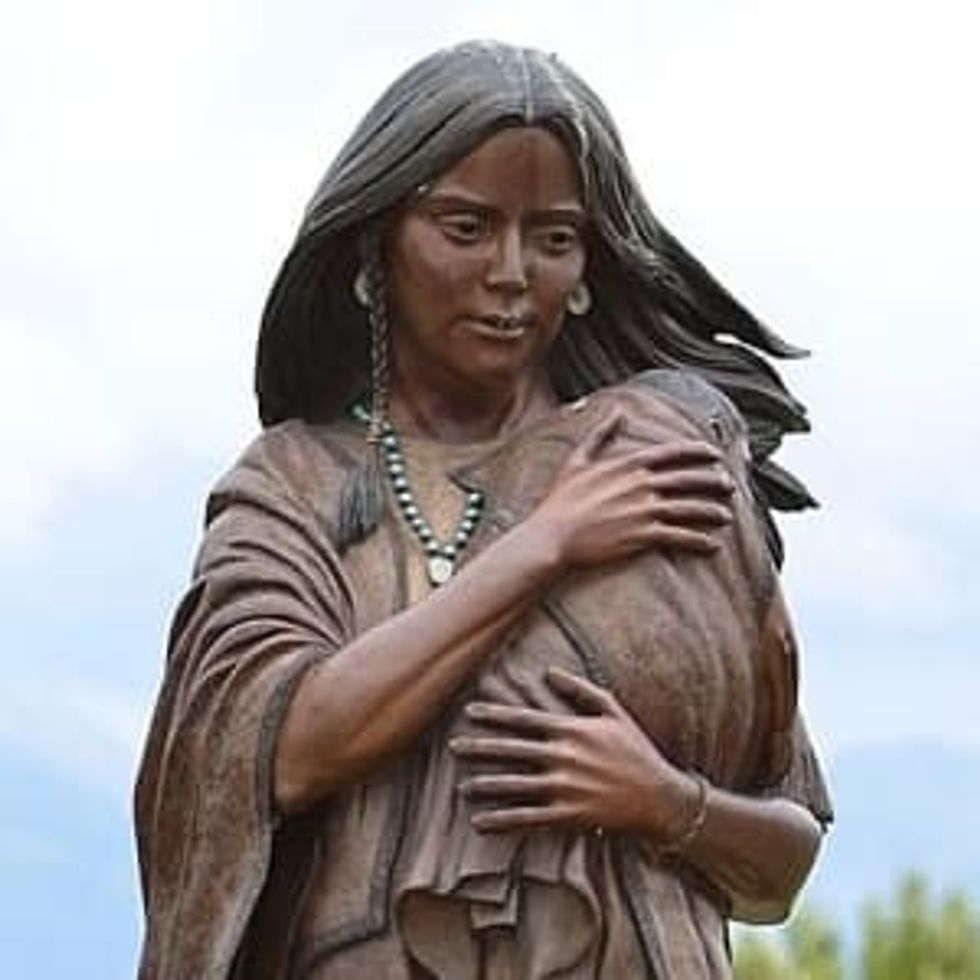
We learned her name in our elementary school classrooms, but the influence of Sacajawea helped turn our nation into the monolith it is today. Alongside her husband and infant son, Sacajawea was the only woman to accompany travelers on their quest across the nation. Serving as an interpreter, Sacajawea became a valuable asset to the exploration of America.
4. Dorothea Dix (1802-1887)
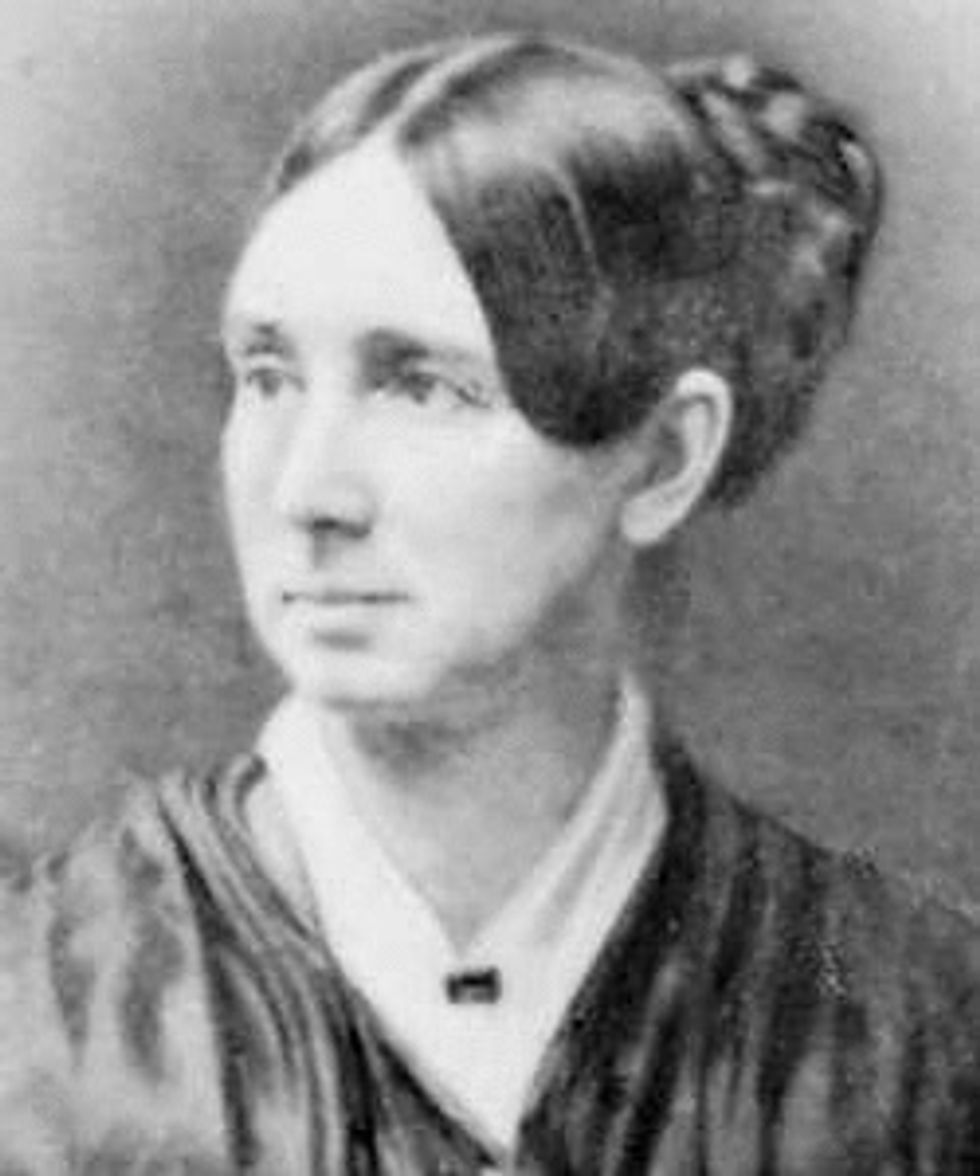
Mental health and prison reform are both hot topics in social justice today, but they would not be without the dedicated work of Civil War-era nurse, Dorothea Dix. Dix developed new ideas as to how to treat those serving as inmates in asylums and other mental institutions, and even volunteered her services during the Civil War. Her work in social reform ensured that those suffering from ailments of the brain and mind were given as much attention and care as those suffering from ailments of the body.
5. Harriet Beecher Stowe (1811-1896)
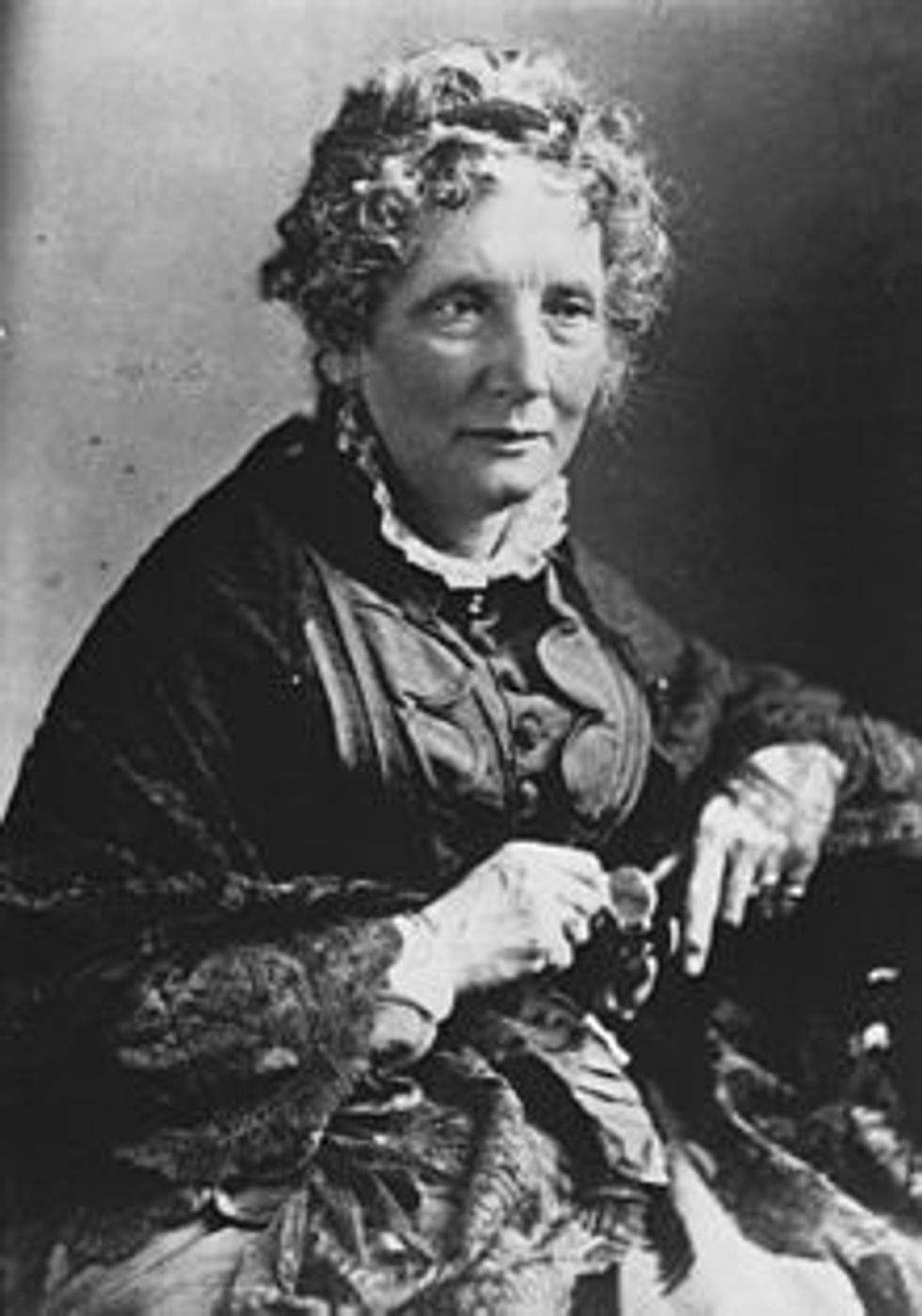
The Civil War was the deadliest war in American history, resulting in over 600,000 casualties over the course of its duration. However, as gruesome as it was, the Civil War challenged our perception of morality, and became the first real point on the path to civil rights, and that is thanks to novelist Harriet Beecher Stowe. Her novel, "Uncle Tom's Cabin", exposed the harsh realities of slavery, and it is believed that the public outcry that erupted from the novel's horrors stoked the flames that would become the Civil War.
6. Susan B. Anthony (1820-1906)
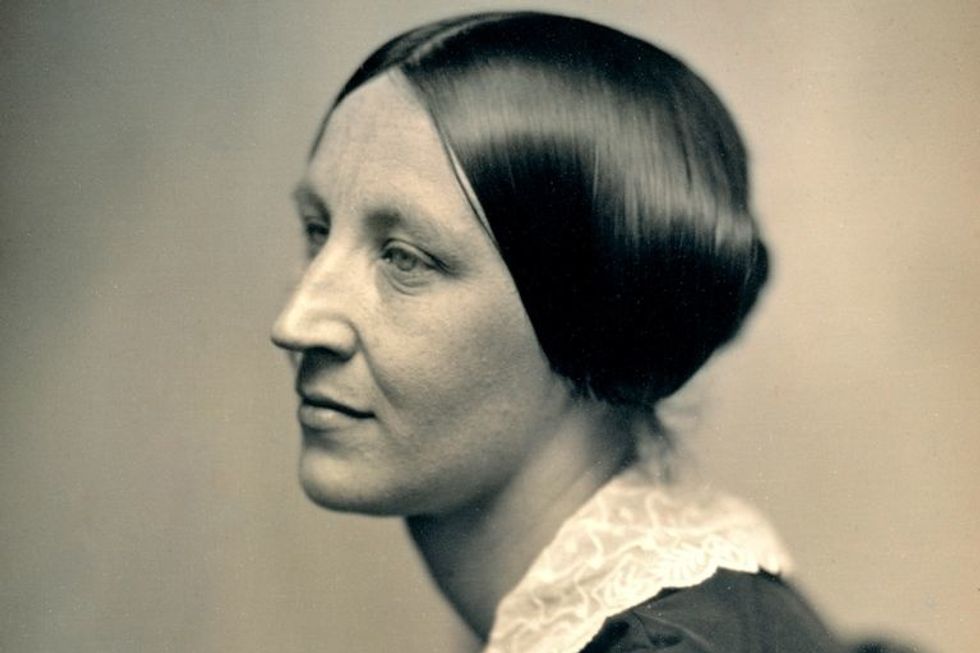
Another familiar name from our history classes, Susan B. Anthony is no stranger to the minds of the American people. However, the maxims of her crusade ring true even today, despite the actualization of what she fought to achieve. Anthony is hailed as one of the key figures in the women's suffrage movement, fighting for women to have the right to vote. An abolitionist, activist, writer, Anthony spearheaded a nationwide revolution.
7. Ellen Swallow Richards (1842-1911)
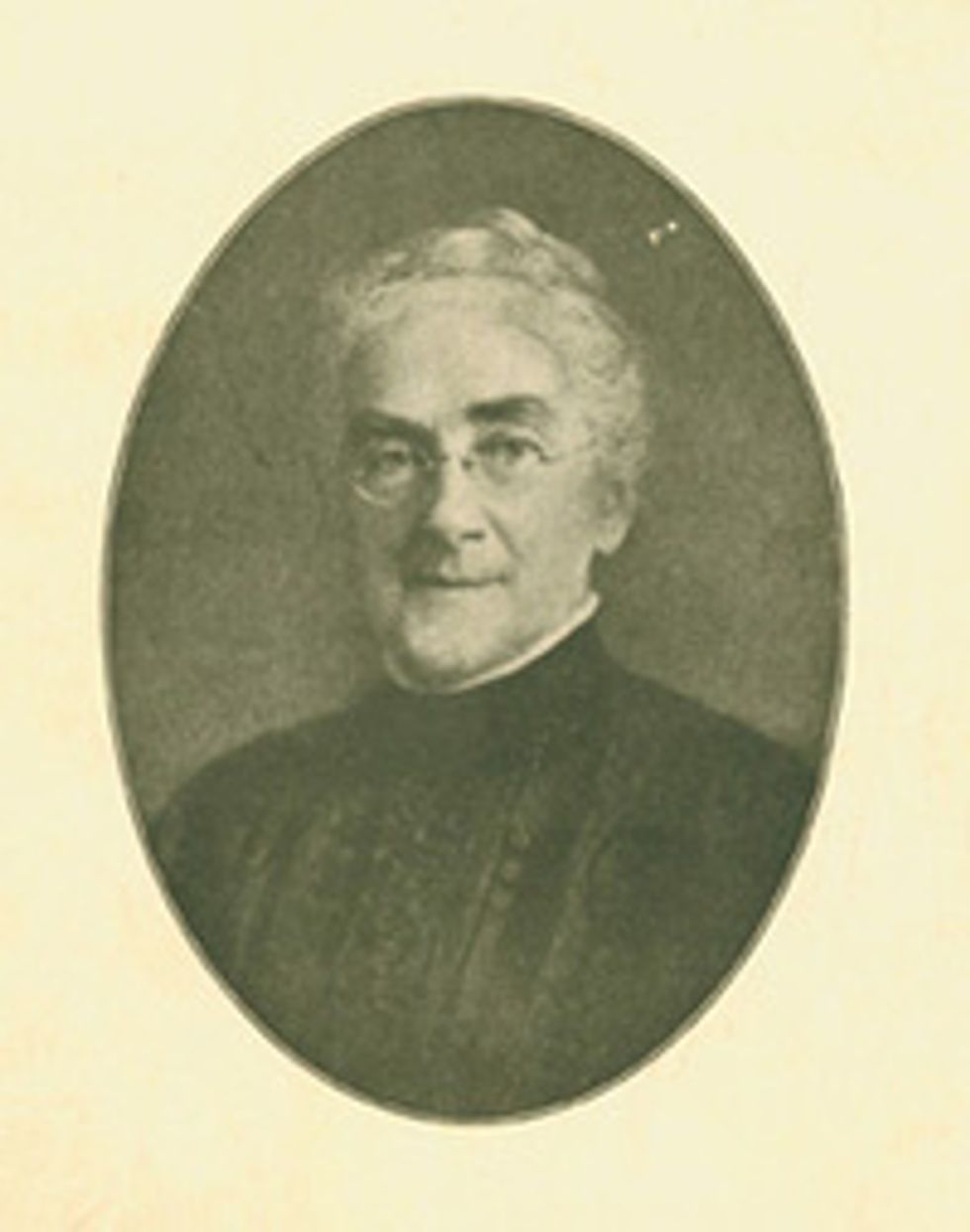
For all the ladies studying science, you have Ellen Swallow Richards to thank. Richards, after aiding as a teaching assistant and a teacher herself, became the first woman to attend the Massachusetts Institute of Technology. Studying chemistry and other sciences, Richards is known for helping women nationwide realize the potential they possess academically, particularly within the scientific community.
8. Daisy Gatson Bates (1914-1999)
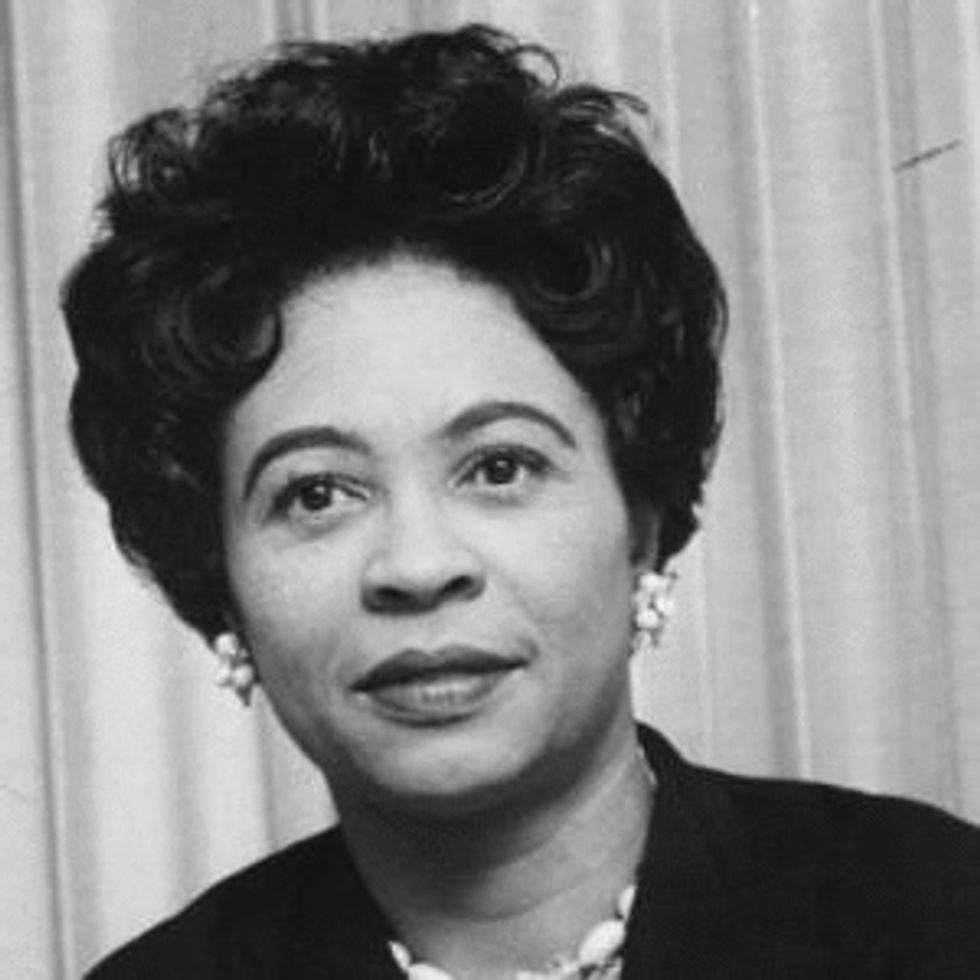
A true social justice activist, Daisy Gatson Bates' works of protest against racism and segregation contributed significantly to the Civil Rights era we know today. One of the most significant moments of her career as an activist was that of challenging segregation following the Supreme Court decisions of 1954, resulting in Bates' creation of the Little Rock Nine. Bates' work and strategies forced the nation to understand the realities of racism, and ensured the desegregation of much of the nation.
9. Jacqueline Cochran (1906-1980)
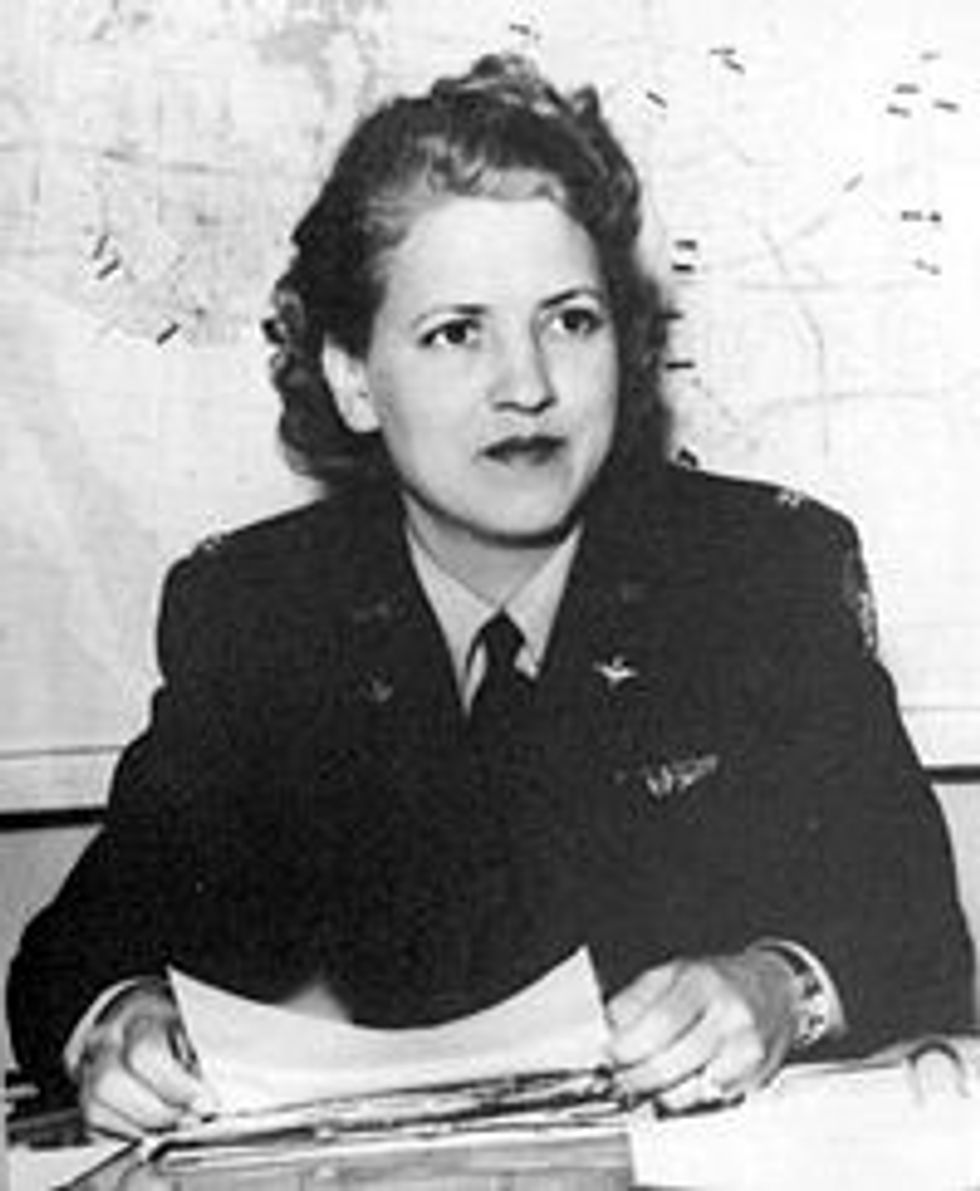
During what is often known as the golden age of American history, Jacqueline Cochran defied the sexist stereotypes at the time by being both a cosmetics queen and champion pilot. Cochran, after achieving her aviation license on a whim, later used her determination to ensure the enlistment of female pilots in the Allied Forces during World War Two. Not only did she challenge the stereotypes of her male-dominated industry, but she remains as the most decorated pilot in aviation history, having accomplished such feats as breaking the speed of sound and winning countless awards.
10. Virginia Hall (1906-1982)
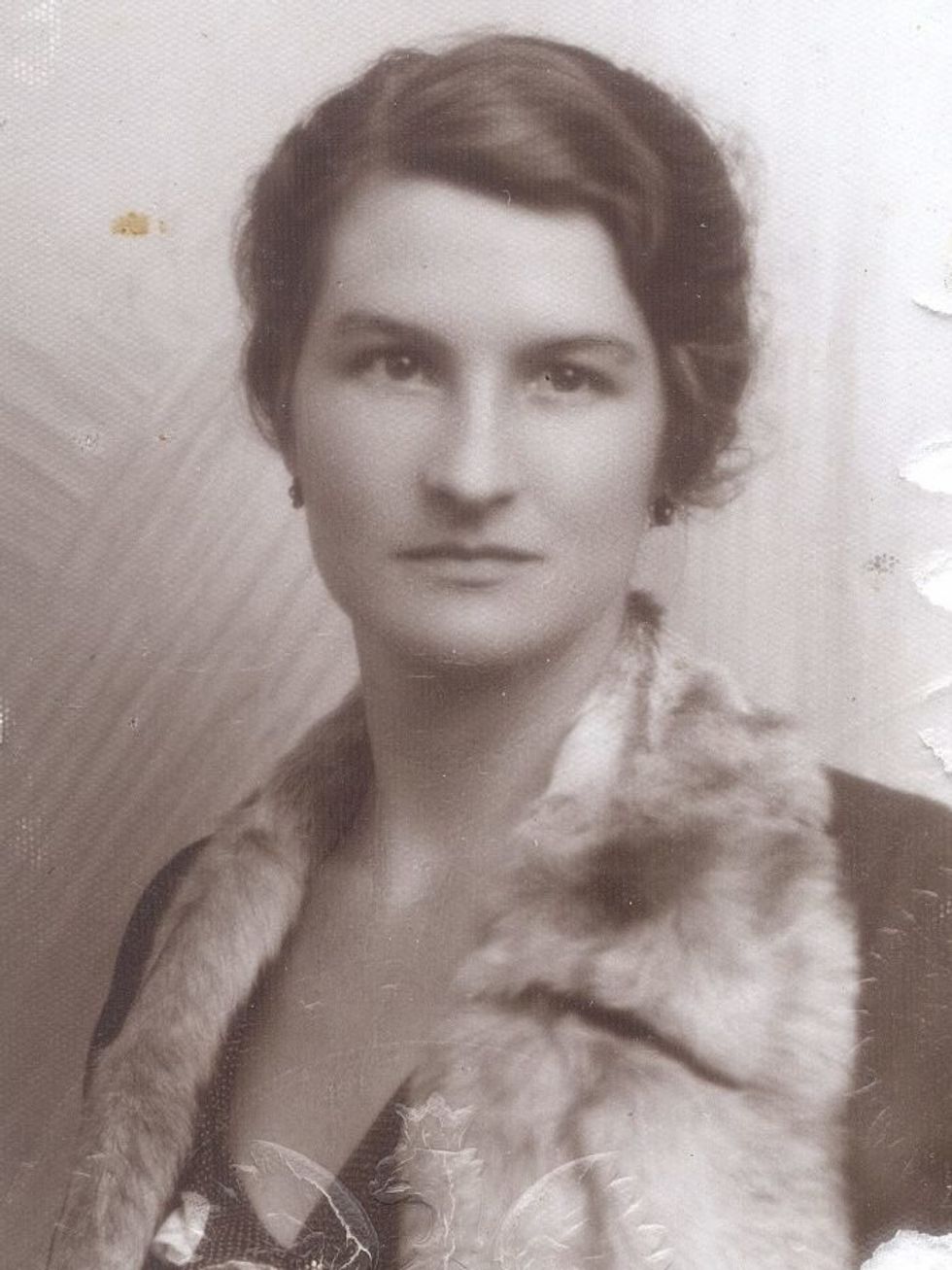
Also shattering expectations during World War Two was Virginia Hall, one of the most accomplished spies in American history. After dreams of being a diplomat were crushed following a hunting accident and the subsequent amputation of her left leg, Hall soon found herself becoming one of the Axis Powers most wanted for espionage. She traveled throughout Europe, making allies in places like brothels and convents, and transferring intelligence to the Allies. Her bravery and stealth helped contribute to the Allied victory in World War Two, her efforts as daring as any man's.
Who's your new favorite historical woman?

